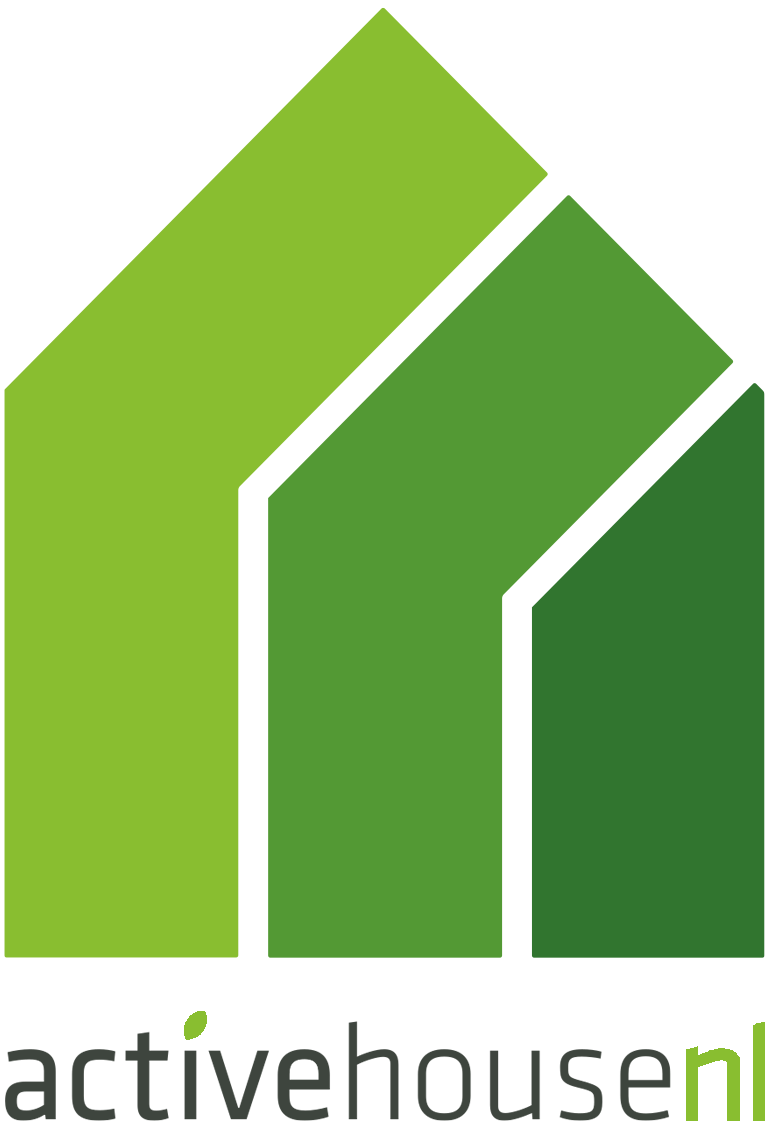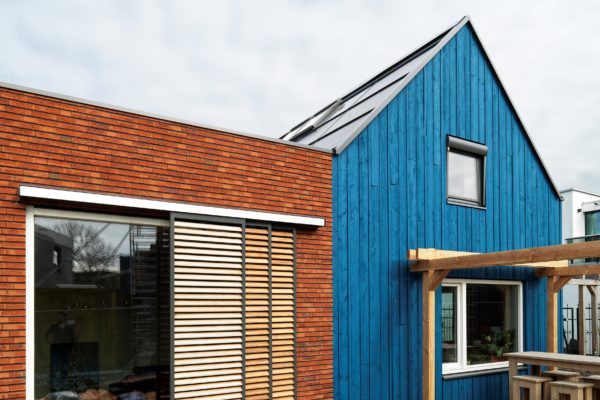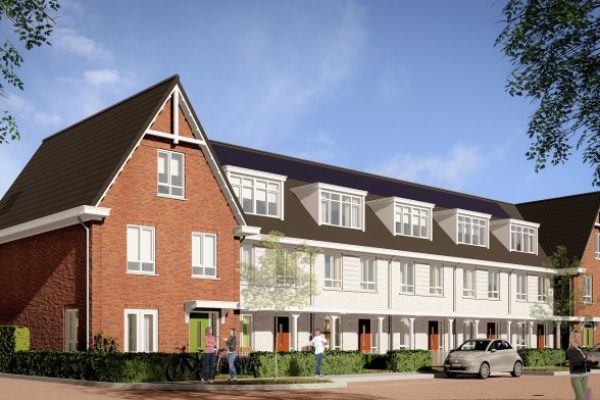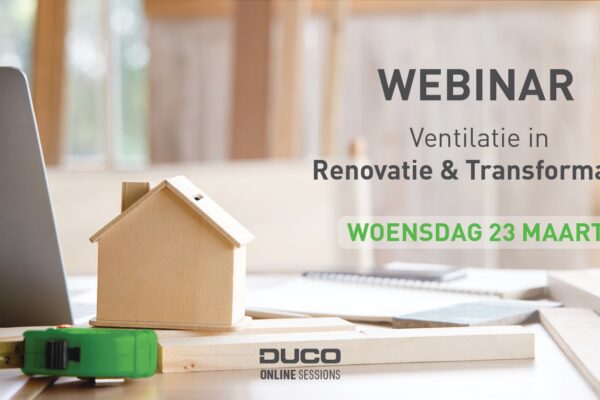The theme of the international Active House Symposium on 13 April 2022 in Rotterdam is circular and affordable renovations. Active House Netherlands Chair Bas Hasselaar sees where things go wrong when companies try to increase the sustainability of their inventory.
Sustainability is relevant for both new construction and renovation projects. What does Europe think about the current situation in the Netherlands?
“If you focus on energy performance and sustainability, the Netherlands is at the bottom of the European list. We believe and say we are in the lead and are ambitious, but we do not realise these ambitions. For the last ten years, the Rutte government has been saying, “We need to tread carefully, we should not make rash decisions.” But sustainability should be regulated. Nothing much has happened.”
Many changes have been made to legislation and decrees on construction work in this period.
“But everything is constantly postponed. The Environment and Planning Act (Omgevingswet) has been postponed and the implementation of the Dutch Building Quality Law (Wkb) and the Decree on construction works in the living environment (Bbl) is due to replace the 2012 Dutch Building Decree.
It is a complex topic. The objective is to consume as little natural gas as possible. We know that sustainability is the best long-term option. Higher quality housing, lower energy costs, improved overall quality of the built environment, including residents’ health. They will get a better and healthier living environment.”
Where does it go wrong? Which issues are difficult to address?
“The main issue is the investment required versus the total cost of ownership. There is no overall long-term vision. Energy prices are going through the roof and the government resolves this by lowering VAT on excise. This is not a good solution. Investing €3 million in making houses sustainable for free would have a long-term impact.”
How do companies address sustainability and renovations?
“This issue is complex because you would be working on their homes. You can’t get more personal than that. If the rent of residents of limited means increases by a few dozen euro a month, they are in trouble. The fact that the investment is paid back through lower energy bills is hard to explain. Because they can only see it at the end of the year when they receive the final annual bill.”
There is a lot to gain.
“There are no losers. Sustainability projects are now explained from an energy perspective, making them hard for residents to understand. Explaining from the residents’ perspective works better. Once you explain it from their perspective, they agree more readily. But… you must always practise what you preach.”
Renovations do not always automatically provide a healthy indoor climate, and sometimes cause health issues instead. How is that possible?
“For example, a carbon dioxide detector is installed in the living room when using a balanced ventilation system according to the Dutch Building Decree. It measures carbon dioxide levels. But when residents go to their bedroom, the sensor in the living room does not detect carbon dioxide and automatically decreases the level of ventilation. The relatively small room where the people are is not ventilated much. This means that the conditions after the renovations are worse than before. Only because it has not been configured appropriately.”
Is the problem that people do not think the project through before starting?
“Most projects do not look at the overall result. The indoor climate is relevant. Residents feel the temperature, the ventilation, how much daylight is coming in. Renovation solutions are based on energy performance assuming that the indoor climate will be comfortable. It is a complex issue because people need to know what feels comfortable and how.”
What are the advantages of the Active House Approach for both parties?
“Active House uses ‘Radar’, a useful instrument that provides more than just an energy, comfort and environment impact score. It is also an outstanding means of communication between companies, government bodies and residents.”
How does it work?
“It provides information on performance and shows how the situation improves after the renovations. This makes it easier to communicate the benefits, including topics the residents had not even thought about yet.”
An overall approach is applied at the design phase.
“Renovations need to aim higher, to be based on more than improving energy performance. The objective is to improve the indoor climate. Many energy performance renovation measures have a positive impact on the indoor climate, the Radar increases process awareness. This leads to thinking about where to install an additional carbon dioxide sensor and where to put the thermostat.”
In general, are Active House renovations more expensive than if based on standard concepts?
“In principle, the costs are similar to other approaches. Adding options is always possible, for example, an additional structure with rooflights. The added value of the Active House approach is based on the overall approach to the renovations. An overall approach means that after some time elusive, ‘softer’ aspects come to light, such as factors in well-being. This becomes visible in a lower turnover time of the houses than there used to be, or higher educational achievement in a renovated neighbourhood than in others or fewer local disputes. These are examples of the impact a broader vision of the Active House approach could have. Active House stimulates long-term vision.”





